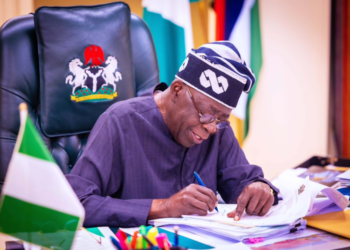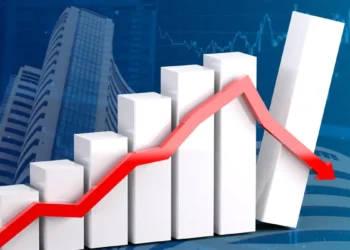The World Bank has unveiled plans to invest an additional $750 million in the Nigeria Electrification Project (NEP), aimed at further improving access to electricity in Nigeria. Elizabeth Huybens, the World Bank Director of Strategy and Operations for the Western Central African Region, made this announcement during her visit to the Kilankwa community in the Kwali area council of Abuja. She expressed her satisfaction with the successful implementation of a 60kW capacity solar project by the Rural Electrification Agency in the community.
Huybens emphasized the importance of mini grids in facilitating faster and more extensive electricity provision to communities compared to solely relying on the extension of the national grid. She stated, “These mini grids will help Nigeria provide access to electricity to many more people faster than it could have done with just extending the national grid. So, I’m very impressed that the system, the grids in small communities work.”
She further revealed that the initial national electrification project, worth $350 million, is nearing completion, leading to preparations for a successor project that will receive a substantial investment of $750 million. This significant funding will enable the optimization of electricity utilization, thereby fostering the expansion of productive activities within communities. Huybens cited the example of a rice mill she had observed during her visit, expressing her hope for the proliferation of such enterprises in the future.
Huybens explained that the NEP was conceived based on the belief that universal access to electricity is a vital goal for any country. The World Bank’s commitment to this project aligns with its overarching objective of supporting countries in eradicating poverty.
Highlighting the importance of electricity for communities, Huybens emphasized its role in various aspects of modern life. She stated, “Without electricity, it’s very hard to think about how communities can really live. If you don’t have electricity, kids cannot study at night. We cannot move towards electric vehicles if we don’t have electricity. In fact, you cannot even charge your cell phone without electricity, right? So, it’s hard for me to think about modern life without electricity. That’s why it’s hard for me to think about reducing poverty without access to electricity.”
Ahmad Salihijo Ahmad, the Managing Director of the Rural Electrification Agency (REA), commended the ongoing project’s performance, which currently provides around 300 connections, including a rice mill. He expressed the agency’s commitment to ensuring the productive use of electricity and the connection of energy-efficient equipment to the mini grid.
The World Bank’s substantial investment of $750 million in the Nigeria Electrification Project reaffirms its dedication to supporting Nigeria in its pursuit of widespread electricity access. This funding will contribute significantly to empowering communities, enhancing socio-economic development, and improving the overall quality of life for Nigerians.











